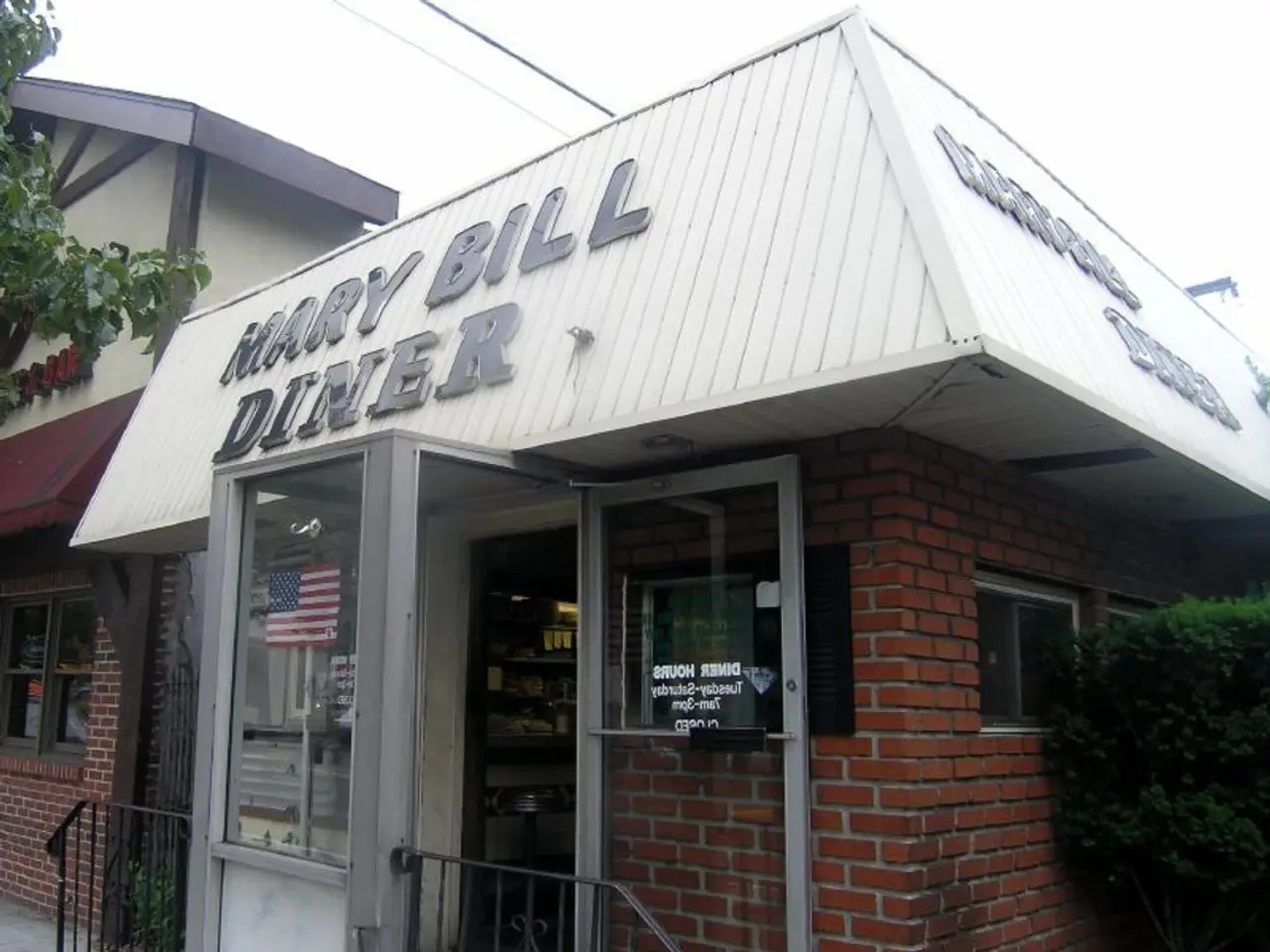Financial Blogger's Query Sparks Outcry Over Bank Information-Disclosure Limitation Law in Switzerland
The Guy's Voice is Tense
The guy's voice trembles. He's clearly freaked out. "A gaggle of cops and a prosecutor stormed my office and home, snatching my computer, phone, and documents. If I can't spill the beans on banking fraud, what's left for journalism?" Lukas Hässig, editor of the well-liked blog "Inside Paradeplatz," which covers Zurich's financial district like the back of his hand, is livid. He's no agitator, not even an investigative reporter. For years, he's detailed the ins and outs of Zurich's financial world, both the legit opera and the shady back-alley deals. Should he have kept mum about the shady deals?
Nine years after he was the first to bring up the shenanigans of the flamboyant Pierin Vincenz, then boss of Raiffeisen Bank - who's now done the perp walk for fraud, crooked business practices, and private corruption - Lukas Hässig is under the gun. On June 3, the Zurich prosecutor's office decided that his protection of sources wasn't worth a damn compared to their need to track the leaks. The raid on his crib is a new low, especially given the beef between the press and Switzerland's powerful bankers.
You've still got 44.7% left to read.
Behind the Paywall
The authorities' swoop on Hässig's crown jewels raises important questions about journalism's role in uncovering banking scams in Switzerland. It stirs up a storm of issues surrounding press freedom and banking secrecy regulations.
The Struggles of Undercover Reporting
Hässig, the man behind Inside Paradeplatz, has been a thorn in the side of the banking world for years. He's uncovered all sorts of beans, from legitimate deals to illicit operations. One of his most notable scoops was fingering Pierin Vincenz, the former CEO of Raiffeisen Bank, who was later nailed for fraud and corruption. His work underscores Hässig’s pivotal role as a financial watchdog[1].
The Impact of the Sweep
The cops' raid, which grabbed Hässig's electronic devices and documents, was sanctioned under suspicions of breaches in banking secrecy, a Swiss legal gold standard that safeguards banking information. The shindig represents a significant push, as it's the first of its kind in this scenario and suggests a ramped-up squeeze on financial journalists[1][3].
Protection vs. Interests
Zurich's top brass determined that the government's need to nab leakers trumped Hässig's source protection. That calls the kettle black, as it sets a risky precedent. It might scare whistleblowers and journalists away from sensitive investigations, which could put the kibosh on crucial freedoms vital to undercover reporting[1].
Broader Implications
The sting has sent shockwaves among folks who care about press freedom, like the International Press Institute (IPI), who view the move as a warning shot against the iron-fisted banking secrecy laws that might be used to muzzle reporting on financial misdeeds[2].
The incident underscores a larger conflict in Switzerland - maintaining a rep for banking secrecy versus the democratic call for transparency and accountability, especially in sleazy cases like fraud or corruption. If bank-damning checks and balances are curtailed by legal and governmental shenanigans, the press's role as a watchdog is in serious jeopardy[1][2].
The Takeaway
The sweep of Hässig's digs sends a chilling message for journalism in Switzerland. It questions the press's ability to out banking misdeeds without fear of reprisal, potentially smothering investigative reporting and jacking up the cost of the public's right to know. This tug-of-war between information restrictions and the press's watchdog function is front and center in the debate raging around Hässig's case[1][2][3].
Lukas Hässig, a financial journalist and the editor of Inside Paradeplatz, is at the center of a controversy involving banking fraud and business practices. His role as a financial watchdog has been crucial in uncovering illicit operations and legitimate deals within Zurich's financial world.
The recent raid on Hässig's office and home, conducted under suspicions of breaches in banking secrecy, has raised questions about journalism's role in uncovering banking scams in Switzerland. This incident, if it discourages whistleblowers and journalists from pursuing sensitive investigations, could potentially threaten crucial freedoms essential for undercover reporting.




